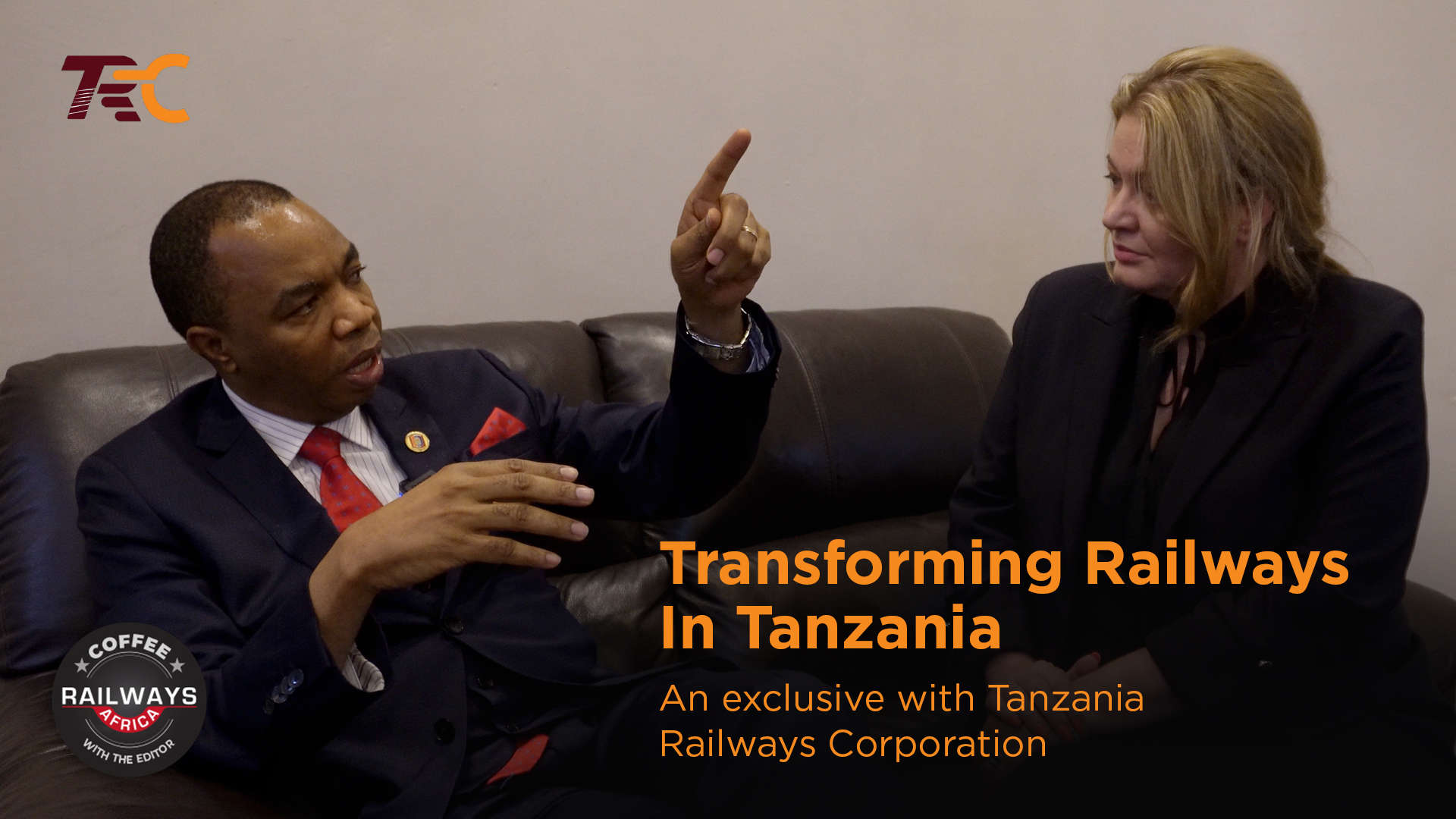LONG-standing plans to build a rail tunnel beneath the Strait of Gibraltar to connect Spain with Morocco have been revived.
According to the Spanish news website Vozpópuli, the Spanish government has commissioned state-owned engineering consultancy Ineco to update the feasibility study and cost estimates for the undersea rail tunnel.
Ineco will revise a preliminary outline design produced in 2007 by fellow Spanish engineering consultancy Typsa, which worked with Ingema of Morocco, Lombardi of Switzerland, and Geodata of Italy.
This will involve assessing alternative alignments, safety and viability. Initial estimates suggest that the tunnel could cost between €5bn and €10bn, with funding expected from European and African lending institutions.
The shortest route between Spain and Morocco is 14km, but would present a significant construction challenge due to the sea being around 1000m deep at this point. Ineco is considering alternative alignments that would be around 28km long, but at a more manageable depth of less than 300m.
The current plan is for a single-bore tunnel that could be complemented by a second parallel bore in future, for use by both passenger and freight trains. Both the US Geological Survey in Europe and tunnel boring machine (TBM) manufacturer Herrenknecht are reported to have been consulted on the project.
The first agreement to build the new tunnel was signed by Spain and Morocco in 1979. Development work on the Spanish side has been undertaken by the state-owned special-purpose company Secegsa, which has been allocated €2.3m from the European Union’s Recovery, Transformation and Resilience Plan.
The project to build the fixed link beneath the Strait of Gibraltar was discussed when Spain’s minister for transport and sustainable mobility, Mr Óscar Puente, met with Morocco’s minister of infrastructure and water, Mr Nizar Baraka, in Rabat on March 4. Puente underlined the strategic importance of the new rail tunnel during the meeting.
Puente also met with minister of transport and logistics, Mr Mohammed Abdeljalil, and announced that Ineco had signed a memorandum of understanding (MoU) with its Moroccan counterpart CID.
The two consultancies will work together to offer their expertise on rail and urban transport projects throughout Africa.
“Morocco is in the process of developing a new rail network,” Puente says.
“It is the first country in Africa which introduced high-speed rail and it is now expanding that network. Spain hopes to play an important part in that programme. We want to pass on to Morocco our knowledge and experience in rail.”
For detailed data on rail infrastructure projects, subscribe to IRJ Pro.
The post Spain-Morocco tunnel project revival appeared first on International Railway Journal.

